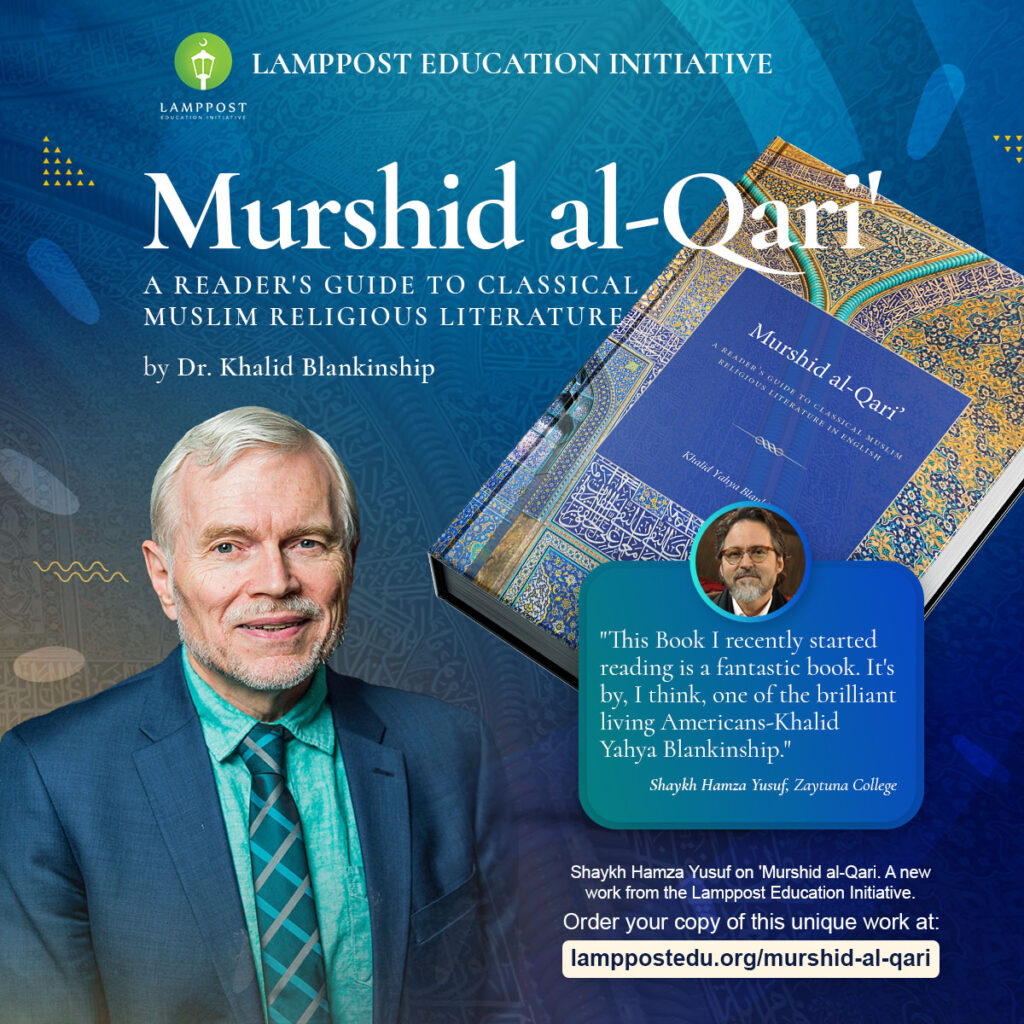By Abdullah bin Hamid Ali
Both the First Amendment of the US Constitution and Article 18 of the Universal Declaration of Human Rights acknowledge that the freedom of religion and conscience are fundamental civil and human rights due to all persons. A similar declaration was made in the Qur’an over 1400 years ago in Arabia, “There can be no compulsion in religion. Right action is clear from error” (Q 2:256). While this remarkable trend in both secular and religious formulations offer many reasons to marvel, the sting of reality spares us not from reliving repetitively the convulsive fevers of human hypocrisy. One particular characteristic shared by these documents is that they all were born in the spirit of liberation from tyranny and the aim to popularize justice. In other words, each had arisen during a time when members of their respective communities were being subjected to persecution by another imperial or governmental entity that denied specific freedoms. Judaism, Christianity, and Islam were all born out of religious persecution. The great paradox of each tradition is that while each began in a spirit of openness to others, they have all historically and still today in many ways developed a form of exclusivist arrogance in both their external and internal relations.

Ramadan: The Month of the Miraculous Qur’an-Dr. Abdullah bin Hamid Ali
“Ramadan is celebrated because it is a commemoration. of the










